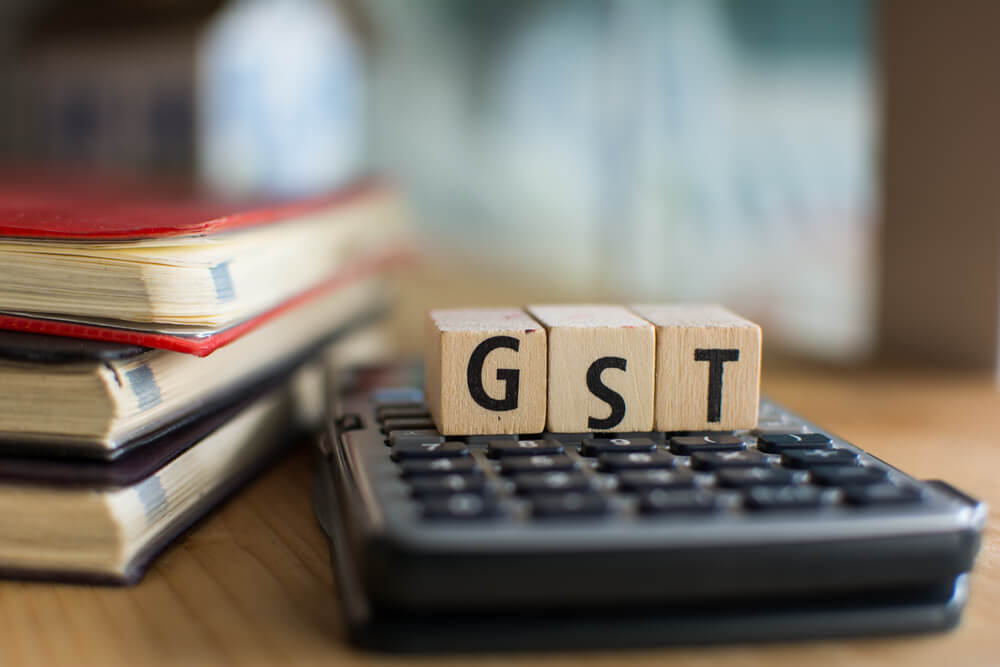What are the types of billing systems?

What are the types of billing systems?
The GST billing software is a tool designed to help businesses comply with Goods and Services Tax (GST). GST stands for the Goods and Services Tax, a taxation the Government of India imposes on the sale of goods and services. This article looks at the two primary types of billing systems for GST: Tax Invoice and Bill of Supply.
What are the types of billing systems in GST?
Tax Invoice under GST-
GST tax invoice is a document issued by a business to its clients when it makes a sale. It is an important document used to record the sale details, the applicable GST rate, the GST amount payable and other important information.
GST tax invoices are used to calculate a company’s GST liability and ensure that the correct amount of GST is paid.
GST tax invoices must include the following information:
- Name, address and GSTIN of the supplier.
- Name, address and GSTIN of the recipient.
- Date of the invoice.
- Unique invoice number.
- Description of the goods or services supplied.
- Quantity and value of the goods or services supplied.
- Applicable GST rate and the GST amount payable.
- Total amount payable, including GST.
GST tax invoices must be issued within 30 days of the supply of goods or services. Businesses should retain copies of all GST invoices for five years in case they are required for audit or inspection.
Bill of Supply under GST-
Bill of supply is issued when a registered person supplies exempt items, services, or both or when a registered person is paying tax under the composition scheme. A bill of supply does not contain information relating to the tax rate and amount of tax. In addition, the value specified in the Bill of Supply is not of taxable value.
Bill of supply is important for claiming Input Tax Credit (ITC) for the supplier. The supplier can only claim ITC if they have issued a valid bill of supply.
Bill of Supply must include the following details:
- Name, address & GSTIN of supplier
- Unique Serial No. for a financial year (not exceeding 16 characters)
- Date of supply
- Name, address & GSTIN of the purchaser
- HSN code in case of goods / SAC code in case of services
- Description of goods or services
- Value of goods
- Signature or electronic signature
GST Tax Invoice and Bill of Supply are critical documents used for accounting purposes in the Goods and Services Tax (GST) regime. Both documents contain essential information about the sale and purchase of goods or services between two parties and are used for accounting and taxation purposes. They help track the transactions between two parties and help to ensure that taxes are paid correctly. Therefore, businesses need to ensure that these documents are issued correctly and kept up to date.


